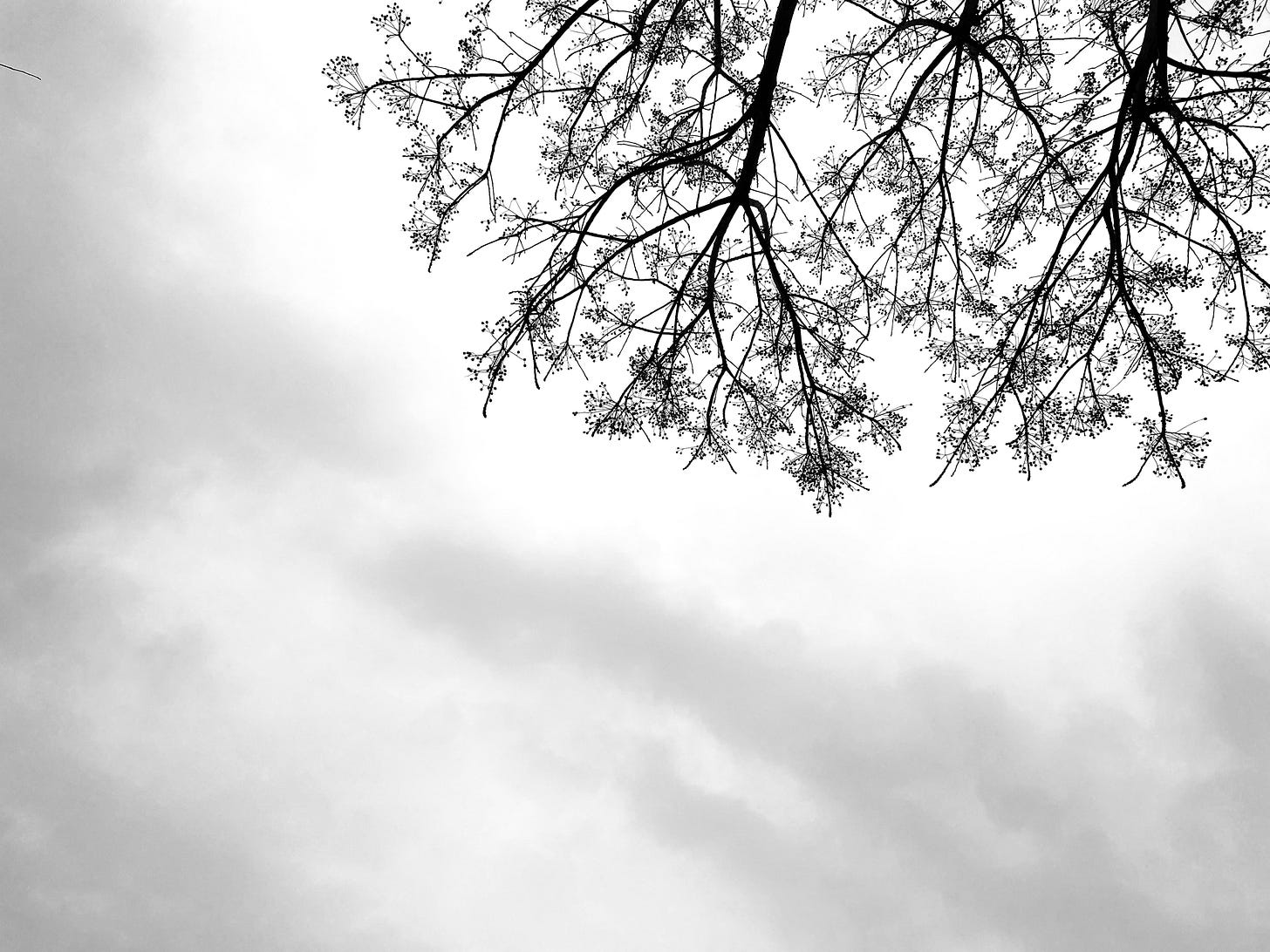Keep the Conversation Going
Can teal be born in a red-blue society?
It was 5 or 6 years ago that I learned about the teal organization concept from Frederic Laloux's book, Reinventing Organizations.
The Teal paradigm refers to the next stage in the evolution of human consciousness.1 When applied to organizations, this paradigm views the organization as an independent force with its own purpose, and not merely as a vehicle for achieving management's objectives. Teal organizations are characterized by self-organization and self-management. The hierarchical "predict and control" pyramid of Orange is replaced with a decentralized structure consisting of small teams that take responsibility for their own governance and for how they interact with other parts of the organization. Assigned positions and job descriptions are replaced with a multiplicity of roles, often self-selected and fluid. People’s actions are guided not by orders from someone up the chain of command but by ‘listening’ to the organization’s purpose. Unlike the highly static nature of [Amber], [Orange] and [Green] organizations, the organizational structure in Teal is characterized by rapid change and adaptation, as adjustments are continuously made to better serve the organization's purpose.
I have always been curious about how macro-patterns like economic conditions, social consciousness, and governing approaches affect the creation or re-creation of these types of organizations. In another world is it possible to have self-organized and self-managed organizations where the centralization of power is the norm in most societies? Beyond that, is it possible to have such organizations in more restricted countries with unstable political and economic conditions?
Asking these questions can be critical if we agree that businesses can be a force for positive change. Startups have disrupted business models and changed societies forever. What they have done is a step toward different consciousness levels.
Earlier this year, I was asked to be a storyteller for Enlivening Edge magazine's community conversation about my journey toward teal organizations in Iran. I shared my thinking in an article:
I can summarize what I have observed as patterns for change to a new consciousness level:
Humans are capable of being aware of the problems they have created. Although awareness increases over time, they may not have discovered a solution.
Fragmentations in societies are the space where the next consciousness levels emerge as humans start to question the status quo. (I believe this is what we are experiencing in Iran. We are starting to question the status quo)
New concepts are unfamiliar in societies as they emerge. It needs to keep conversations alive around them. Evangelists play an imperative role in this endeavor. They can be like people who keep the fire burning until early adopters show up. This is about holding space for the courage to change to grow.
In my experience keeping the conversation alive around a topic can show what we are paying attention to. It’s the first step toward newer level of consciousness.



On behalf of Enlivening Edge Magazine I want to give Amir deep thanks acknowledgement for his courage and leadership that he is demonstrating. He is stepping up and speaking his truth at a time when most are experiencing deep fear and uncertainty. He has deeply touched our audience in bringing to light what his country is facing. Amir is a visionary and is bringing hope and inspiration to his fellow citizens. He embodies the very concepts and principles he talks about. Amir is truly an inspiration and representation of the new leadership that is needed in the world. In Joy